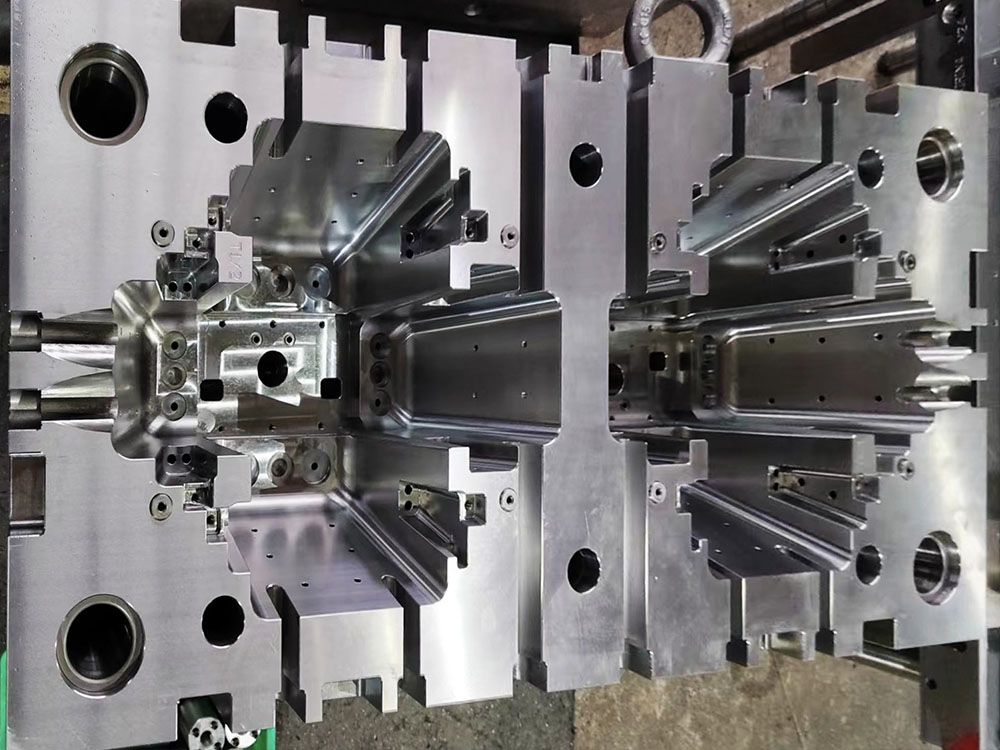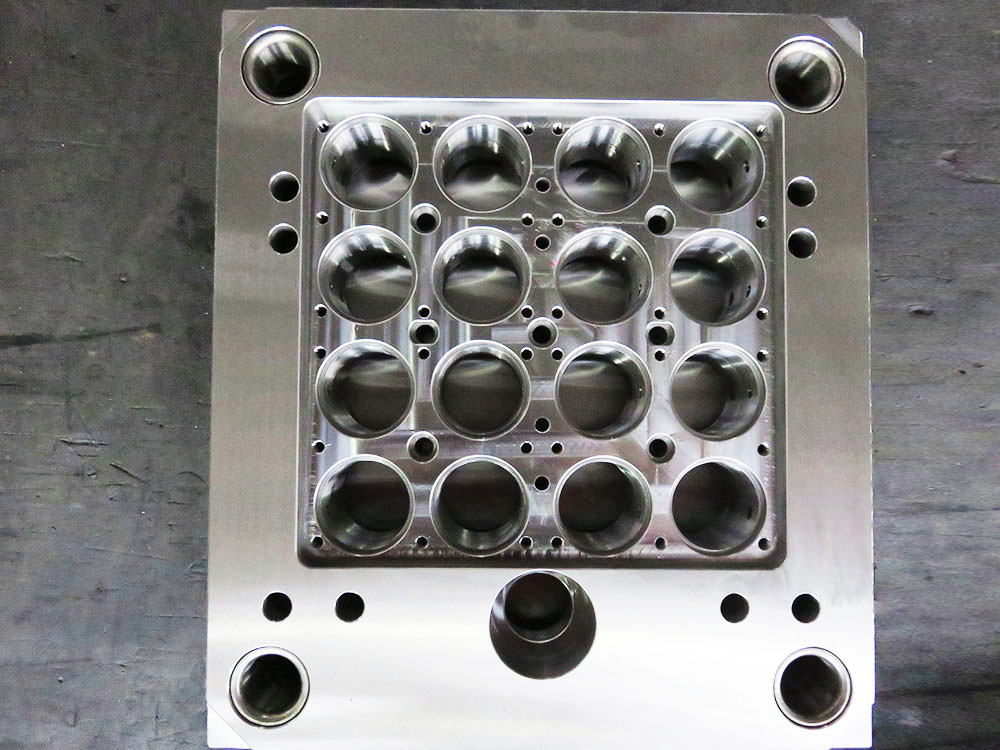Introduction
Structural engineering plays a crucial role in the construction industry, ensuring the safety and stability of various structures. Becoming an expert in this field requires a combination of education, experience, and constant learning. This article will outline the requirements needed to become an expert in structural engineering.
Educational Requirements
Obtaining a Bachelor's degree in civil engineering or a related field is the first step towards becoming a structural engineering expert. The coursework typically includes subjects such as statics, dynamics, structural analysis, and design. Additionally, courses specific to structural engineering, such as reinforced concrete design and steel structure design, provide a solid foundation in the field.
After completing a Bachelor's degree, pursuing a Master's degree in structural engineering can further enhance knowledge and expertise. This advanced degree allows for specialization in specific areas, such as earthquake engineering or bridge design, which can prove beneficial for future career prospects.
Professional Certification
Acquiring professional certification is essential to becoming recognized as an expert in structural engineering. The most common certification in this field is the Professional Engineer (PE) license. To become a licensed PE, individuals must meet specific educational and experience requirements and pass the PE exam.
The educational requirements for the PE license vary by location but generally include a Bachelor's degree in engineering from an accredited institution. Additionally, candidates must gain relevant work experience under the supervision of a licensed professional engineer. This experience requirement typically ranges from 3 to 5 years.
The PE exam is comprehensive, covering topics such as structural analysis, design, and code requirements. Successfully passing this exam demonstrates a comprehensive understanding of structural engineering principles and practices.
Experience
Gaining practical experience is crucial for becoming an expert in structural engineering. Working under the guidance of experienced professionals allows individuals to apply theoretical knowledge to real-world projects and develop problem-solving skills.
Getting involved in a variety of projects, including residential, commercial, and industrial structures, helps to expand knowledge across different sectors. Working with different materials, such as concrete, steel, and timber, enables engineers to understand the unique challenges and considerations associated with each.
To gain significant experience, professionals can consider working for renowned architectural or engineering firms, government agencies, or construction companies. Taking on challenging projects and seeking mentorship opportunities can fast-track expertise development.
Continuous Learning and Professional Development
To stay at the forefront of the field, continual learning is essential. Structural engineering experts should constantly update their knowledge of industry advancements, new materials, and cutting-edge design and analysis techniques.
Engaging in professional development activities, such as attending conferences, workshops, and seminars, keeps experts updated on the latest trends and research in structural engineering. Additionally, joining industry associations and participating in technical committees allows for networking with other experts and sharing knowledge.
Pursuing advanced certifications, such as Structural Engineering Certification Board (SECB) certification or Leadership in Energy and Environmental Design (LEED) accreditation, demonstrates a commitment to professional growth and expertise in specialized areas.
Conclusion
Becoming an expert in structural engineering requires a combination of education, experience, and continuous learning. By obtaining relevant degrees, pursuing professional certification, gaining practical experience, and engaging in continuous professional development, individuals can elevate their expertise and become recognized as experts in the field. A commitment to excellence and staying current with industry advancements is fundamental for success in this demanding profession.




